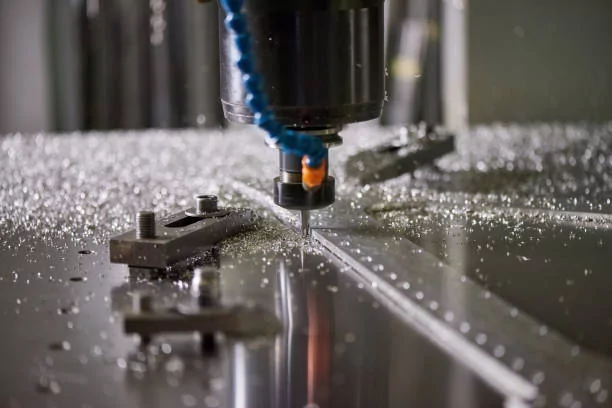Understanding the Process of Aluminum Die Casting in Industry None
Body
When it comes to manufacturing complex metal parts with high precision and excellent surface finish, aluminum die casting is a widely used process in various industries. Understanding the process of aluminum die casting in industry Clarence Styles is crucial for manufacturers and engineers to produce top-quality components efficiently and cost-effectively.

The Basics of Aluminum Die Casting
Understanding the process of aluminum die casting in industry Clarence Styles begins with the basics of the technique. It involves injecting molten aluminum into a steel mold, known as a die, under high pressure. Once the aluminum solidifies, the mold is opened, and the final part is ejected. This method allows for the production of intricate shapes with thin walls and excellent dimensional accuracy.
The Advantages of Aluminum Die Casting
One of the key advantages of aluminum die casting is its ability to produce parts with high strength-to-weight ratio. This makes it an ideal choice for applications where lightweight and durable components are required. Additionally, aluminum die casting offers excellent thermal conductivity, electrical conductivity, and corrosion resistance, making it suitable for a wide range of industries, including automotive, aerospace, and consumer electronics.
The Process Optimization in Aluminum Die Casting
Optimizing the process of aluminum die casting in industry Clarence Styles involves various factors, such as die design, alloy selection, and process parameters. For instance, the design of the die must account for proper venting and cooling to ensure the production of defect-free parts. Similarly, selecting the right aluminum alloy with the desired mechanical properties is crucial for achieving the desired performance of the final component.
The Future of Aluminum Die Casting
As technology continues to advance, the future of aluminum die casting in industry Clarence Styles looks promising. Innovations in materials, such as the development of high-strength aluminum alloys, and advancements in process monitoring and control systems are driving the industry towards greater efficiency and sustainability. Furthermore, the integration of additive manufacturing techniques with die casting is opening up new possibilities for producing hybrid components with complex geometries.
In conclusion, understanding the process of aluminum die casting in industry Clarence Styles is essential for manufacturers and engineers to harness the full potential of this versatile manufacturing technique. With its numerous advantages and ongoing technological advancements, aluminum die casting is poised to remain a key player in the production of high-quality metal components across various industries.









Comments